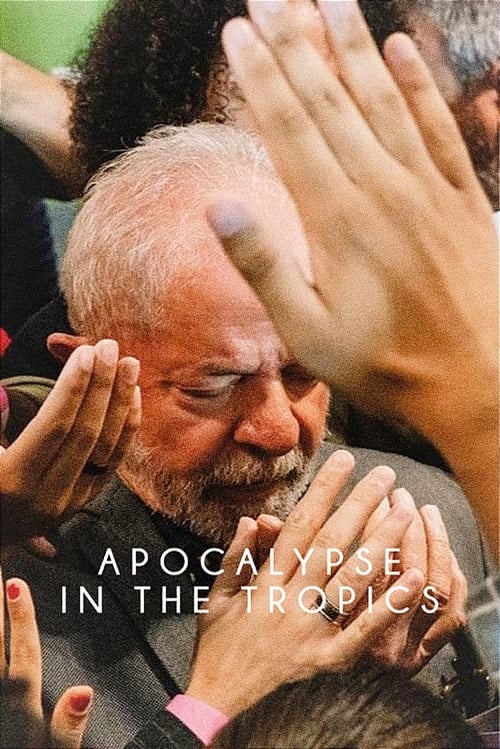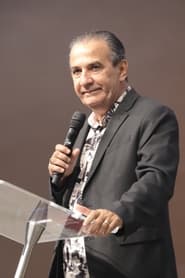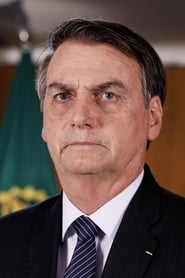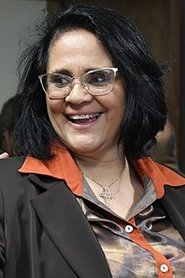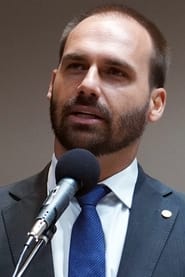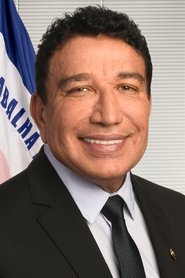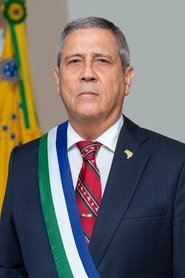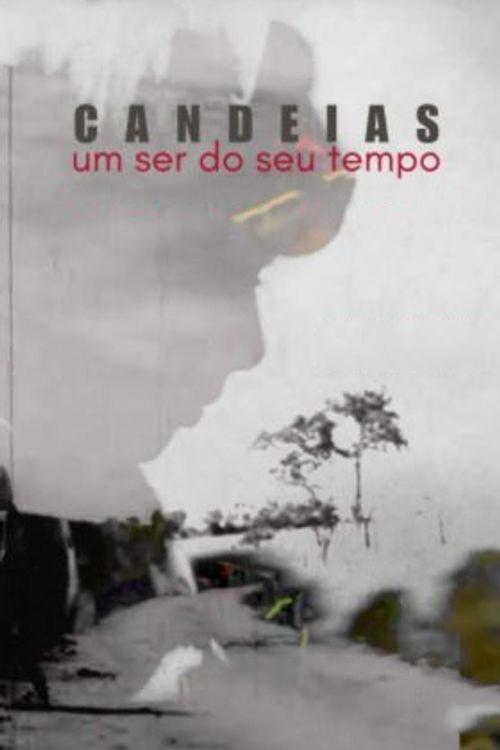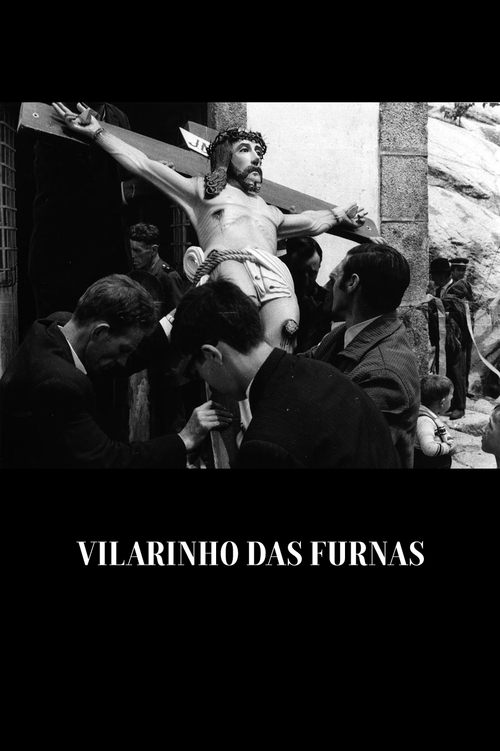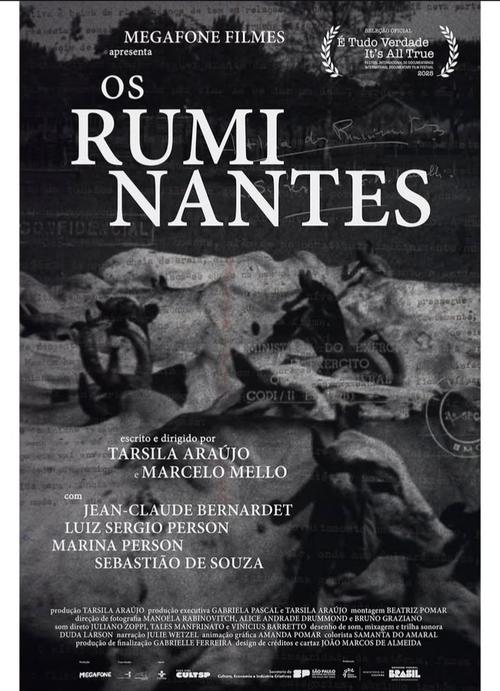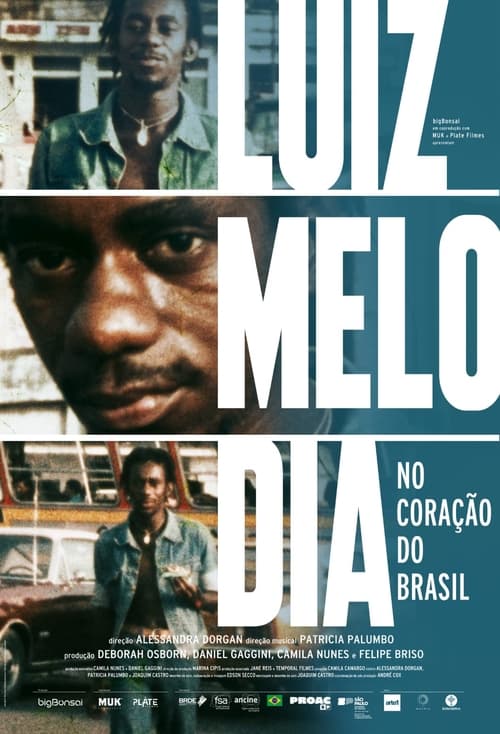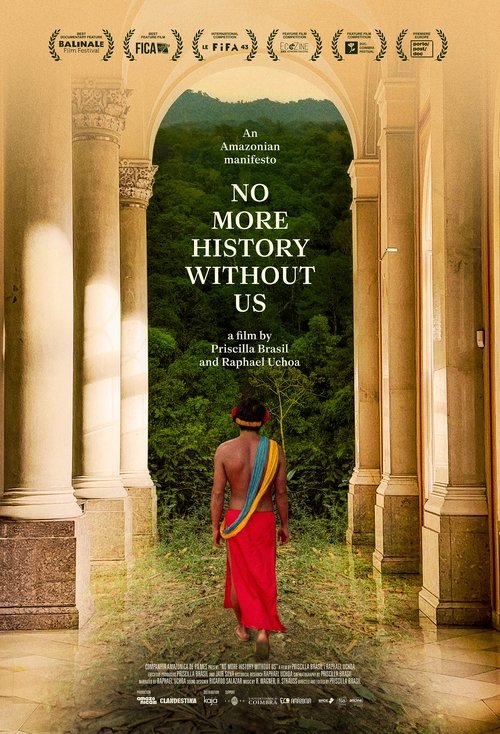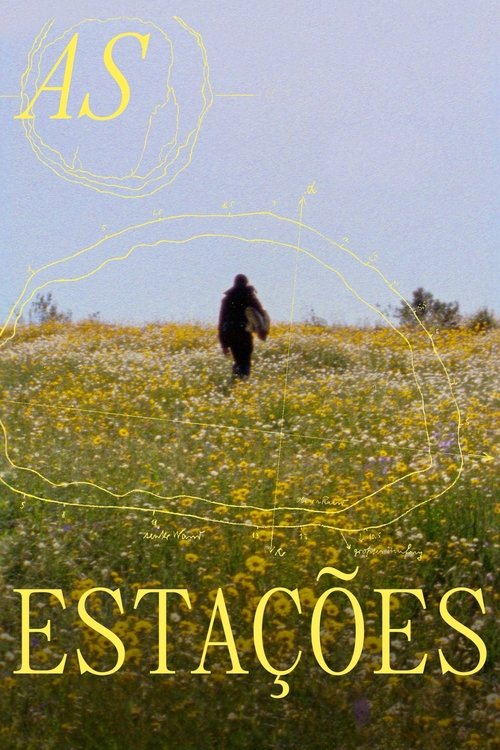
Ask Your Own Question
What is the ending?
Is there a post-credit scene?
How does the documentary portray the role of evangelicalism in Brazil's political landscape?
The documentary 'Apocalypse in the Tropics' highlights the significant role of evangelicalism in Brazil's political shift. It shows how evangelical leaders, such as Silas Malafaia, have supported far-right politicians like Bolsonaro, influencing their policies and political strategies. The film illustrates how evangelicalism has grown from 5% to 30% over four decades, impacting Brazil's political landscape, particularly in areas like abortion and conservative values.
What specific events or scenes from the Bolsonaro era are depicted in the documentary?
The documentary depicts scenes from the Bolsonaro era, including the use of the military for protection and the encouragement of insurrections against perceived injustice. It also covers the aftermath of the 2022 election, where Bolsonaro's supporters stormed the Three Powers Square on January 8, 2023, mirroring the January 6th U.S. Capitol attack. Additionally, it touches on issues like anti-Indigenous discrimination, deforestation, and COVID denialism.
How does the film illustrate the global connections of far-right movements?
The film illustrates the global connections of far-right movements by highlighting how fundamentalist movements in different countries share ideas and practices. It suggests that these movements are forming alliances and having a significant global impact. The documentary draws parallels between Brazil's political situation and the rise of authoritarianism in other countries, including the United States.
What role does the figure of Silas Malafaia play in the documentary?
Silas Malafaia, a prominent televangelist, plays a significant role in the documentary as a key supporter of Bolsonaro. The film shows how Malafaia and other evangelical leaders use their influence to shape political outcomes and promote conservative values. Malafaia is depicted as a champion of Bolsonaro's policies, illustrating the close ties between evangelicalism and far-right politics in Brazil.
How does the documentary portray the impact of Bolsonaro's presidency on democracy in Brazil?
The documentary portrays Bolsonaro's presidency as a period marked by challenges to democracy in Brazil. It highlights his administration's anti-democratic actions, such as using the military for political purposes and encouraging insurrections. The film also explores how Bolsonaro's denial of election results and subsequent events, like the storming of the Three Powers Square, threatened democratic stability in Brazil.

